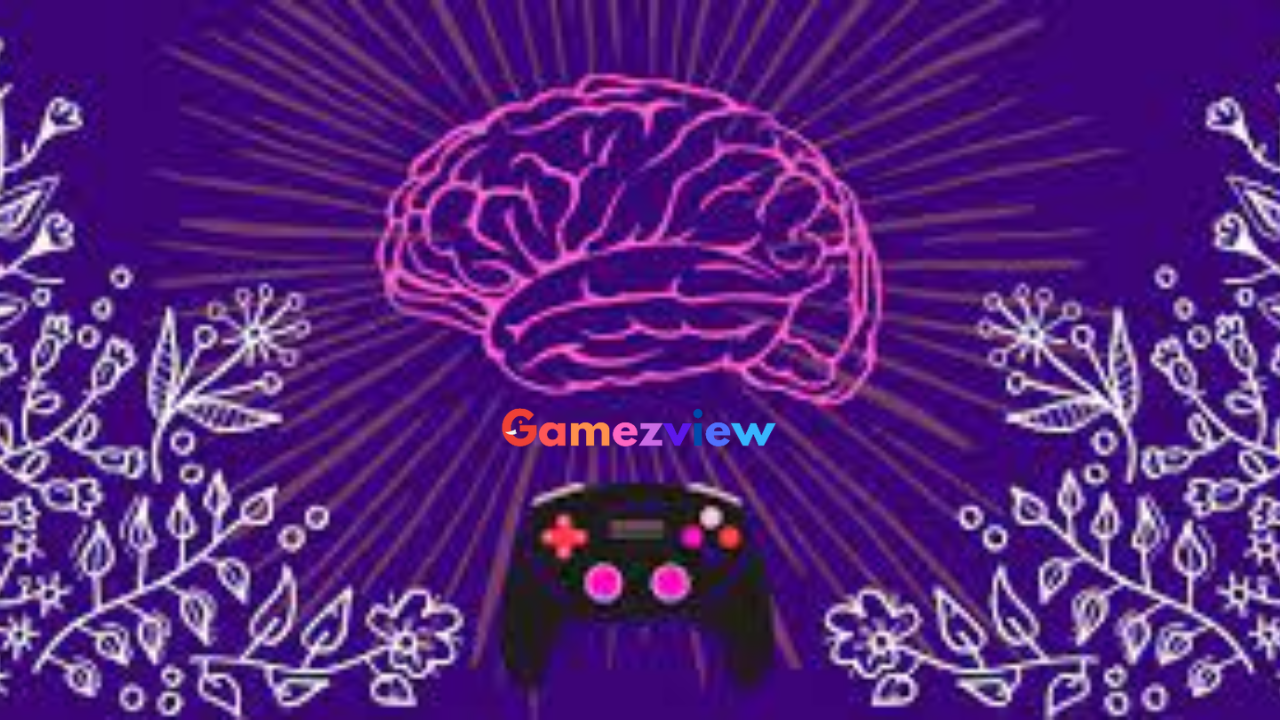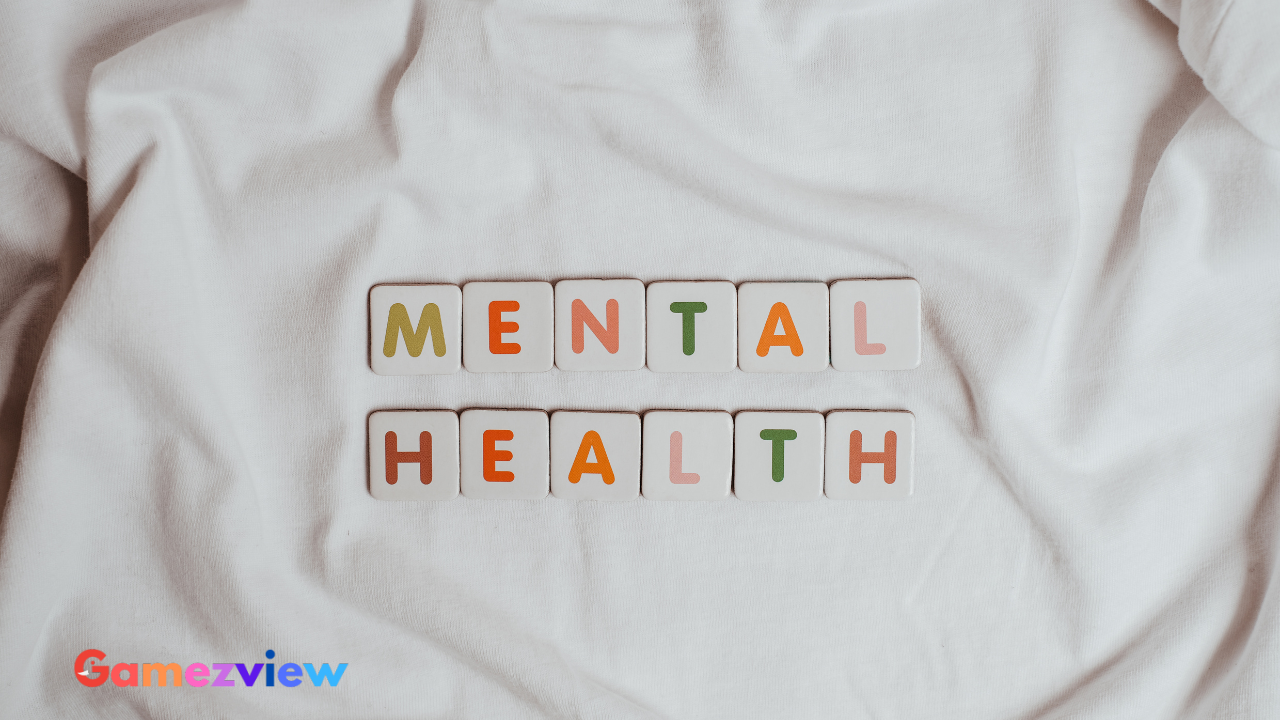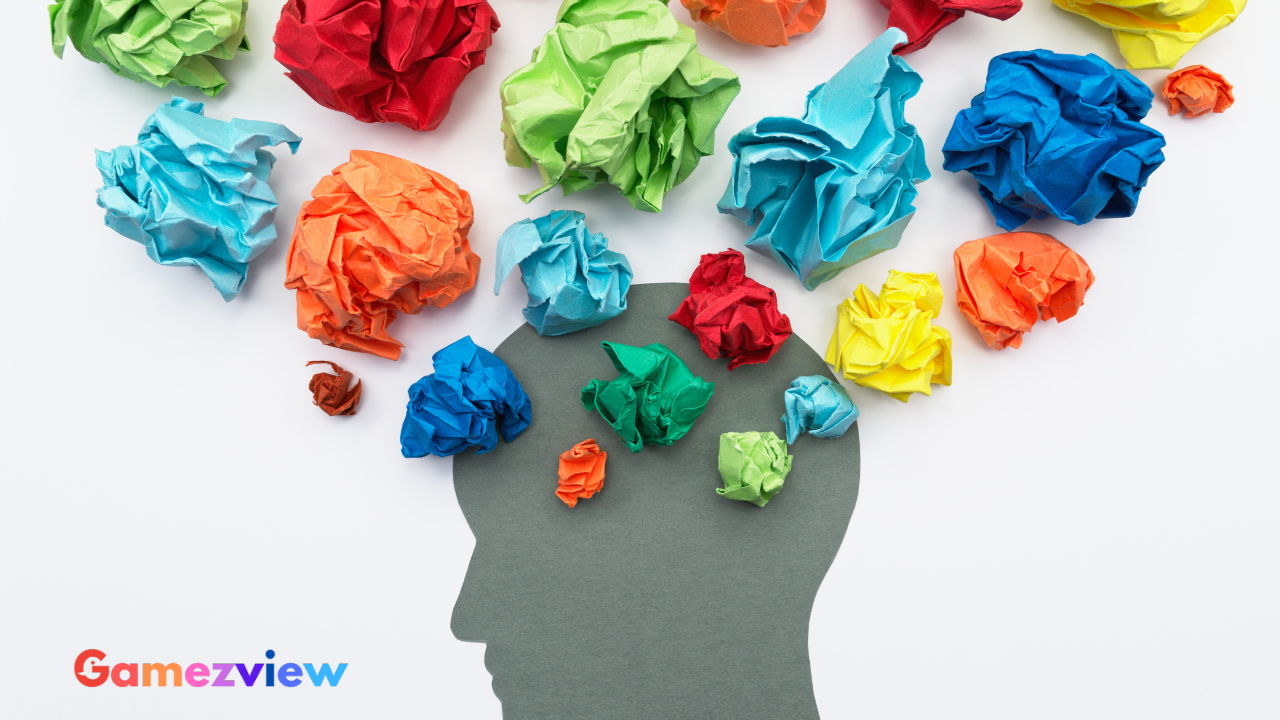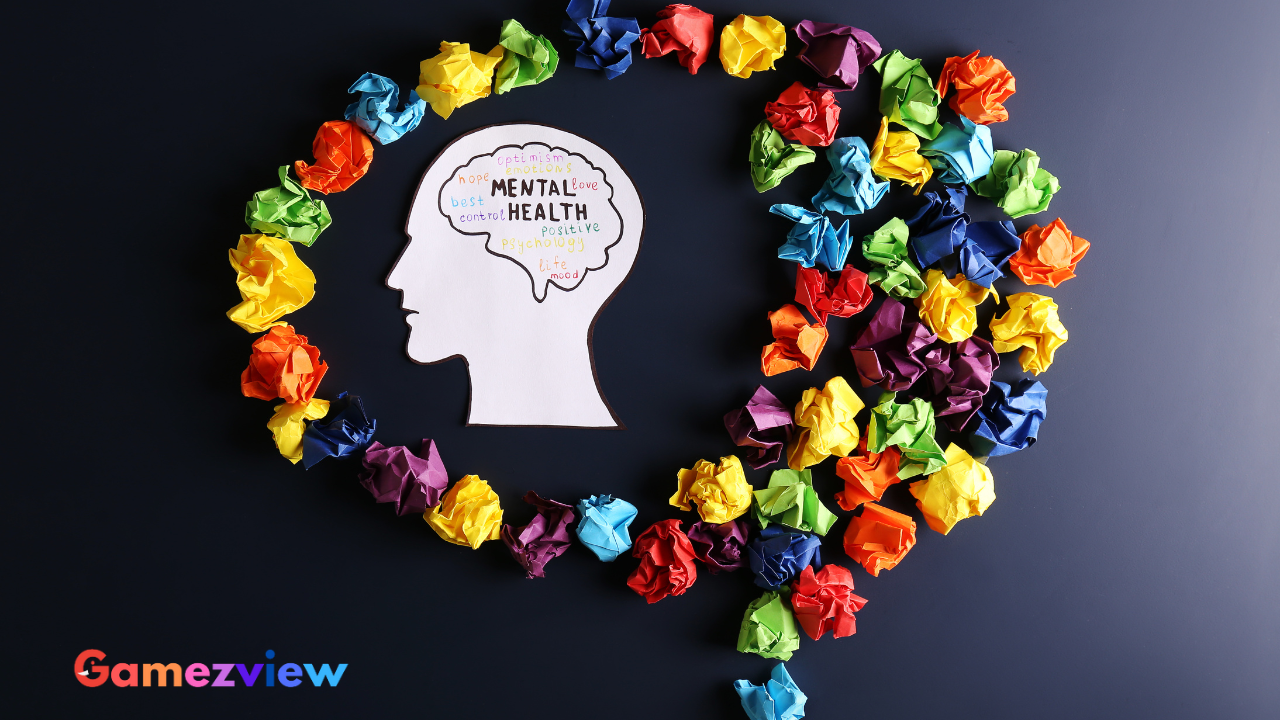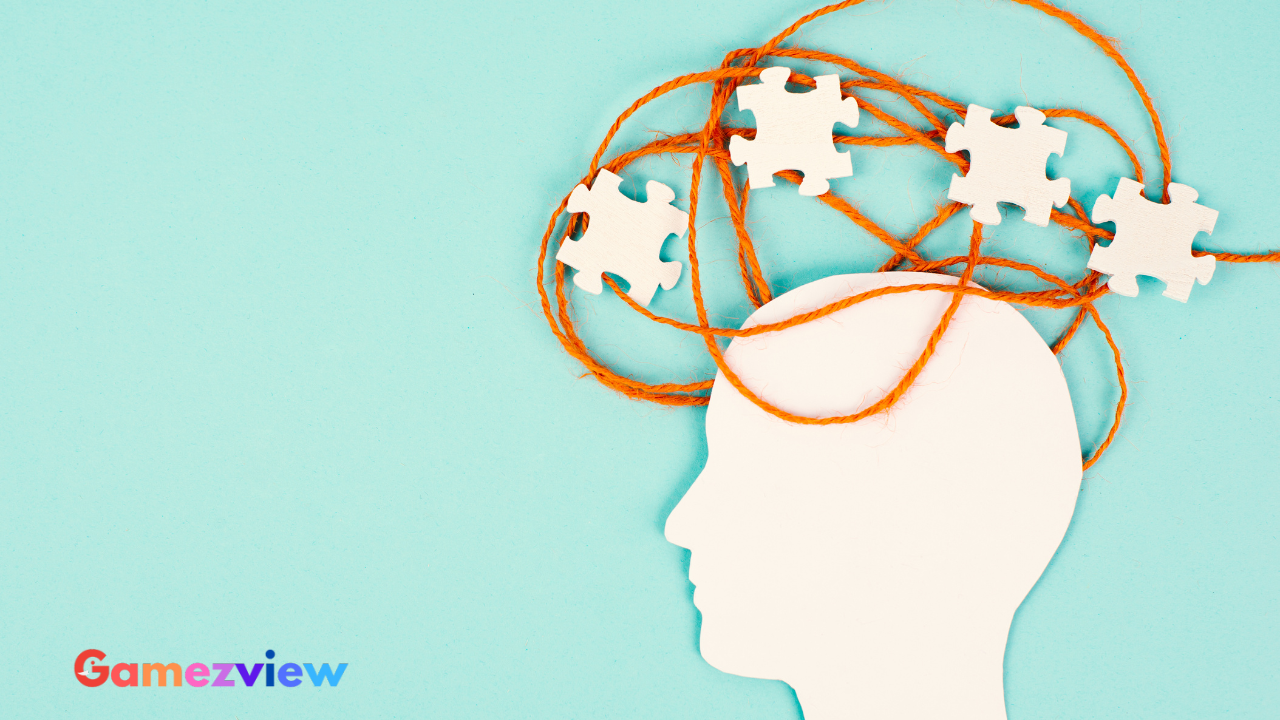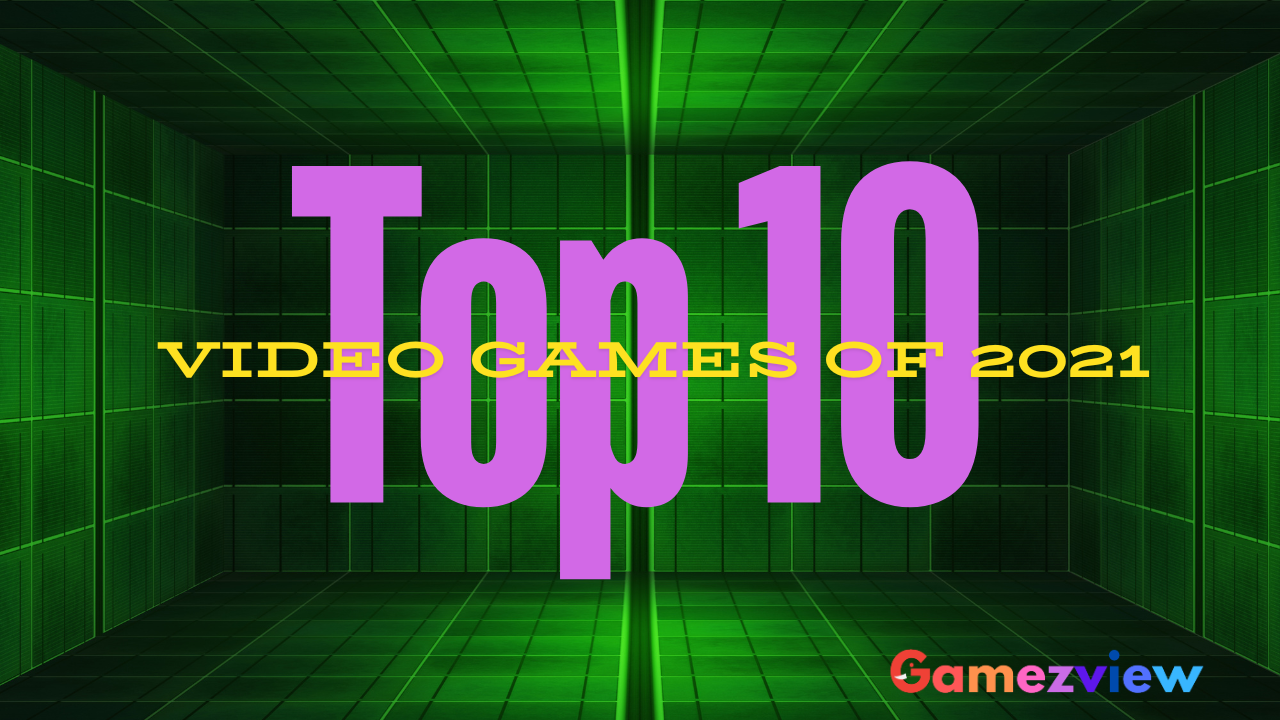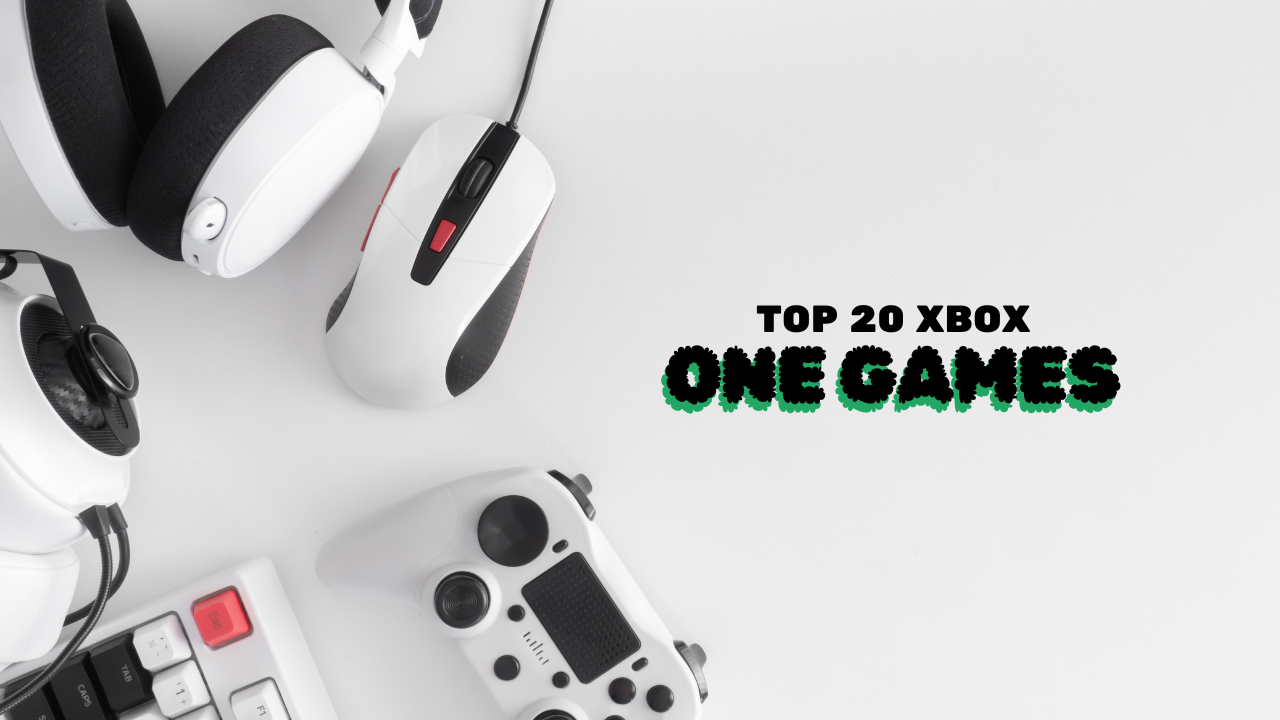In recent years, the relationship between gaming and mental health has come under scrutiny, with concerns over excessive gaming and its potential impact on well-being. While gaming can offer numerous benefits for mental health, it’s essential to find a healthy balance to avoid negative consequences. In this article, we’ll explore the benefits of gaming for mental health, the risks of excessive gaming, and strategies for maintaining a healthy gaming lifestyle while prioritizing mental well-being.
Introduction to Gaming and Mental Health
Exploring the Relationship Between Gaming and Mental Health
Gaming has become a significant part of many people’s lives, offering entertainment, social connection, and cognitive stimulation. However, concerns have been raised about the potential negative effects of excessive gaming on mental health, including addiction, social isolation, and psychological distress. Understanding the complex relationship between gaming and mental health is essential for promoting responsible gaming practices and supporting overall well-being.
Overview of the Growing Concern Over Excessive Gaming
With the rise of online gaming and the proliferation of mobile devices, gaming has become more accessible and pervasive than ever before. While gaming can be a source of enjoyment and relaxation for many people, excessive gaming has been linked to a range of mental health issues, including depression, anxiety, and addiction. As gaming continues to evolve, it’s crucial to address these concerns and promote a healthy balance between gaming and mental well-being.
Importance of Finding a Healthy Balance Between Gaming and Mental Well-being
Finding a healthy balance between gaming and mental well-being is essential for maintaining overall health and happiness. While gaming can offer numerous benefits for mental health, such as stress relief, cognitive stimulation, and social connection, it’s crucial to be mindful of the amount of time spent gaming and to prioritize other aspects of life, such as physical activity, socializing, and self-care. By finding a healthy balance, gamers can enjoy the benefits of gaming while minimizing the risks to their mental well-being.
Benefits of Gaming for Mental Health
Positive Effects of Gaming on Cognitive Skills and Problem-Solving Abilities
Gaming has been shown to improve cognitive skills such as attention, memory, and spatial awareness. By engaging in complex gameplay tasks and solving challenging puzzles, gamers can enhance their problem-solving abilities and cognitive flexibility, which can translate to real-world benefits in academic, professional, and social settings.
Opportunities for Social Connection and Community Building Through Gaming
Gaming offers opportunities for social connection and community building, allowing players to interact with friends, family, and fellow gamers from around the world. Whether playing cooperatively in multiplayer games or competing against each other in online battles, gaming provides a sense of camaraderie and belonging that can help reduce feelings of loneliness and isolation.
Use of Gaming as a Tool for Stress Relief and Relaxation
Gaming can serve as a powerful tool for stress relief and relaxation, providing an escape from the pressures of daily life and allowing players to unwind and recharge. Whether exploring virtual worlds, embarking on epic adventures, or simply immersing oneself in the beauty of a well-crafted game environment, gaming offers a safe and enjoyable way to decompress and de-stress.
Risks and Challenges of Excessive Gaming
Negative Impacts of Excessive Gaming on Mental Health and Well-being
While gaming can offer numerous benefits for mental health, excessive gaming can have negative consequences, including addiction, social withdrawal, and impaired functioning in daily life. Excessive gaming has been linked to a range of mental health issues, including depression, anxiety, and low self-esteem, as well as physical health problems such as eye strain, headaches, and sleep disturbances.
Identification of Addictive Gaming Behaviors and Warning Signs
It’s essential to be aware of the warning signs of addictive gaming behaviour and to seek help if you or someone you know is struggling with excessive gaming. Some common signs of gaming addiction include preoccupation with gaming, loss of interest in other activities, withdrawal symptoms when not gaming, and continued gaming despite negative consequences. By recognizing these warning signs and seeking support, gamers can take steps to address addictive gaming behaviour and protect their mental well-being.
Understanding the Link Between Gaming Addiction and Other Mental Health Disorders
Gaming addiction often co-occurs with other mental health disorders, such as depression, anxiety, and attention-deficit/hyperactivity disorder (ADHD). It’s essential to understand the complex interplay between gaming addiction and other mental health issues and to address underlying factors that may contribute to addictive gaming behaviour. By treating co-occurring mental health disorders and addressing underlying issues, gamers can improve their overall well-being and reduce the risk of relapse.
Strategies for Maintaining a Healthy Gaming Lifestyle
Setting Boundaries and Limits on Gaming Time and Frequency
One of the most effective ways to maintain a healthy gaming lifestyle is to set boundaries and limits on gaming time and frequency. By establishing clear rules and schedules for gaming, players can ensure that gaming remains a fun activity without interfering with other aspects of life, such as work, school, and relationships.
Engaging in Other Hobbies and Activities Outside of Gaming
To avoid excessive gaming and promote overall well-being, it’s essential to engage in other hobbies and activities outside of gaming. Whether it’s sports, arts and crafts, outdoor activities, or socializing with friends and family, having a variety of interests and pursuits can help balance gaming with other aspects of life and prevent burnout and boredom.
Seeking Professional Help and Support for Gaming Addiction and Mental Health Concerns
If you or someone you know is struggling with gaming addiction or mental health issues related to gaming, it’s essential to seek professional help and support. There are many resources available for gamers, including therapy, support groups, and online forums, where individuals can connect with others who share similar experiences and receive guidance and encouragement from trained professionals.
Building a Supportive Gaming Community
Importance of Creating a Safe and Inclusive Gaming Environment
Creating a safe and inclusive gaming environment is essential for promoting mental well-being and preventing harmful behaviours, such as bullying, harassment, and discrimination. Gaming communities should strive to be welcoming and supportive of all players, regardless of their background, identity, or skill level, and to foster a culture of respect, empathy, and understanding.
Encouraging Open Dialogue About Mental Health Within Gaming Communities
Open dialogue about mental health within gaming communities can help reduce stigma and raise awareness of the importance of mental well-being. By sharing personal experiences, discussing coping strategies, and providing support and encouragement to fellow gamers, individuals can help create a more supportive and empathetic gaming community where everyone feels valued and accepted.
Promoting Empathy, Understanding, and Support for Fellow Gamers
Promoting empathy, understanding, and support for fellow gamers is essential for building a strong and resilient gaming community. By practising active listening, offering encouragement, and showing compassion for others, gamers can help create a culture of mutual respect and support where everyone feels empowered to seek help and support when needed.
Tools and Resources for Gamers
Overview of Mental Health Resources and Support Networks for Gamers
There are many resources available for gamers who are struggling with mental health issues or gaming addiction. These include online support groups, helplines, and counselling services, where individuals can connect with trained professionals and receive guidance and support in a safe and confidential environment.
Introduction to Mindfulness and Self-Care Techniques for Managing Gaming-Related Stress
Mindfulness and self-care techniques can be valuable tools for managing gaming-related stress and promoting overall well-being. Practices such as meditation, deep breathing, and progressive muscle relaxation can help reduce stress, improve concentration, and enhance emotional resilience, allowing gamers to enjoy gaming in a healthy and balanced way.
Recommendations for Responsible Gaming Practices and Healthy Lifestyle Habits
In addition to mindfulness and self-care techniques, it’s essential to practice responsible gaming habits and maintain a healthy lifestyle to support overall well-being. This includes taking regular breaks from gaming, staying physically active, eating a balanced diet, getting enough sleep, and nurturing positive relationships with friends and family.
Case Studies and Success Stories
Examining Real-Life Examples of Gamers Who Have Found Balance and Moderation
Real-life examples of gamers who have found balance and moderation can provide inspiration and encouragement to others who may be struggling with excessive gaming or mental health issues. By sharing their stories of overcoming challenges, setting goals, and prioritizing self-care, these individuals can help inspire hope and resilience in others and demonstrate that recovery is possible.
Highlighting Success Stories of Individuals Who Have Overcome Gaming Addiction and Mental Health Challenges
Success stories of individuals who have overcome gaming addiction and mental health challenges can offer hope and encouragement to others who may be struggling with similar issues. By sharing their experiences of recovery, growth, and resilience, these individuals can help reduce stigma, raise awareness, and promote understanding of gaming addiction and mental health issues within the gaming community and society at large.
Celebrating the Resilience and Strength of Gamers in Navigating the Intersection of Gaming and Mental Well-being
Despite the challenges they may face, gamers are incredibly resilient and resourceful individuals who possess the strength and determination to overcome adversity and thrive in the face of adversity. By celebrating the resilience and strength of gamers in navigating the intersection of gaming and mental well-being, we can promote a more compassionate, supportive, and inclusive gaming community where everyone feels valued, accepted, and empowered to seek help and support when needed.
Finding the right balance between gaming and mental health is essential for promoting overall well-being and happiness. While gaming can offer numerous benefits for mental health, such as stress relief, cognitive stimulation, and social connection, it’s crucial to be mindful of the risks of excessive gaming and to prioritize self-care and healthy lifestyle habits. By practising responsible gaming practices, seeking support when needed, and fostering a supportive and inclusive gaming community, gamers can enjoy the many benefits of gaming while protecting their mental well-being and leading fulfilling lives.
